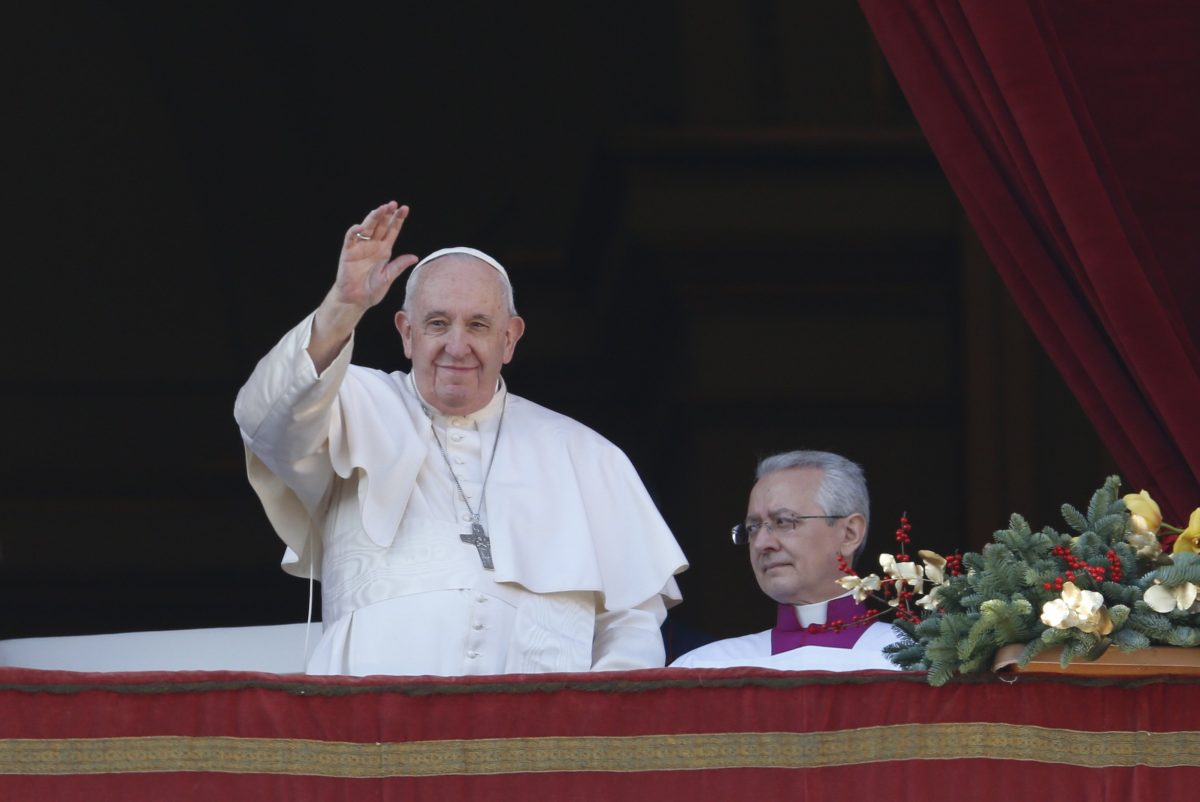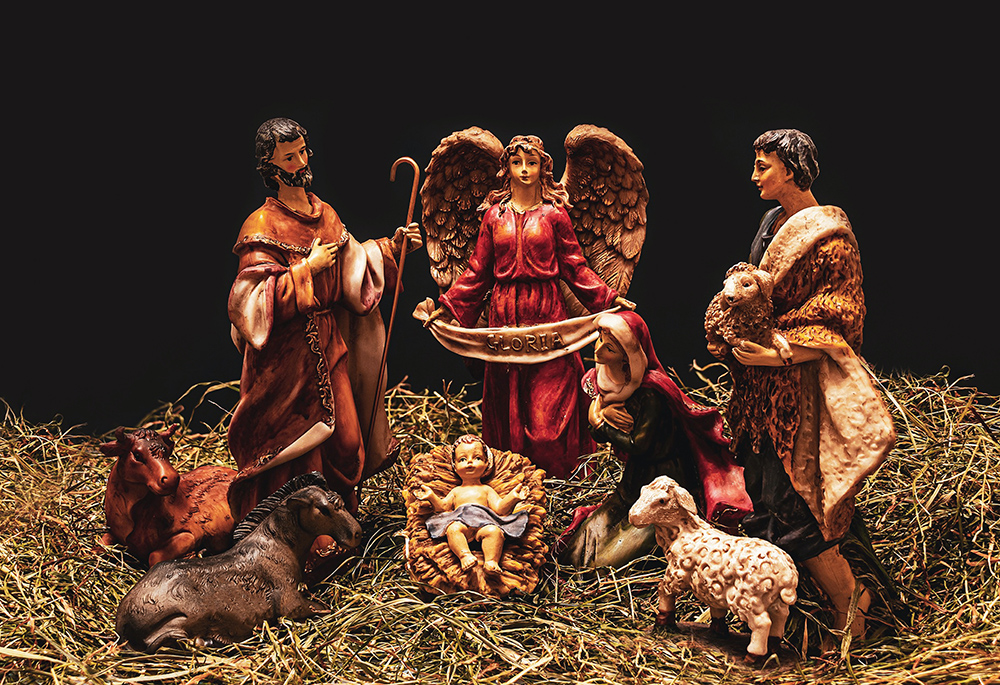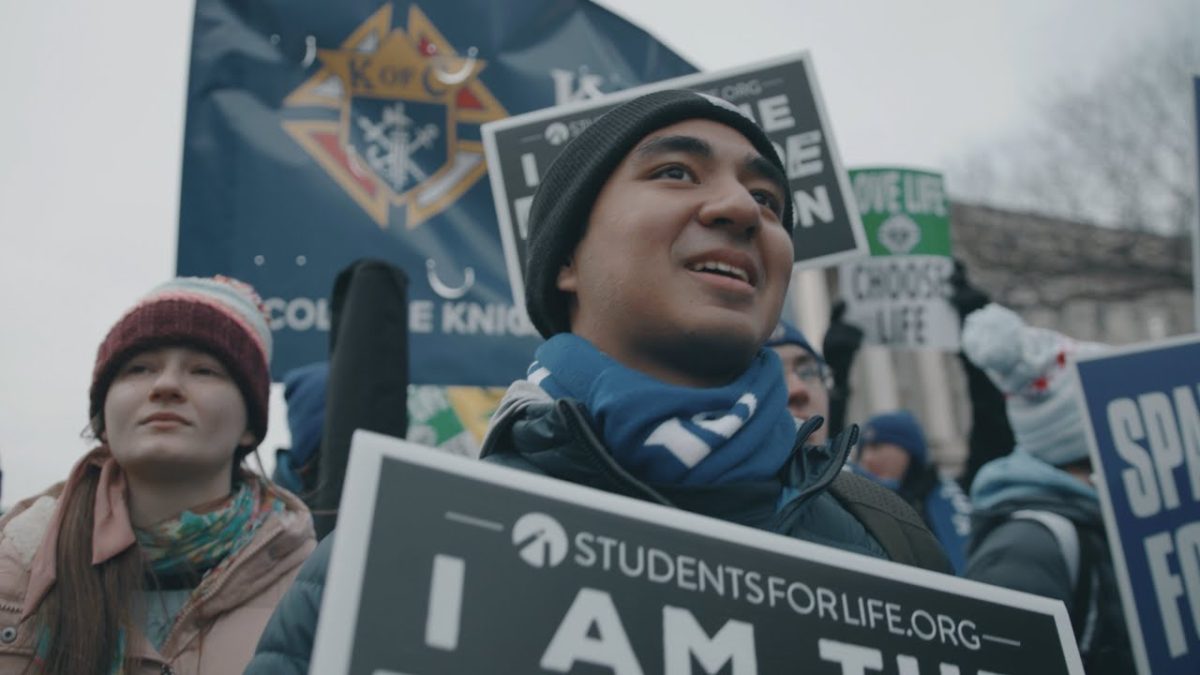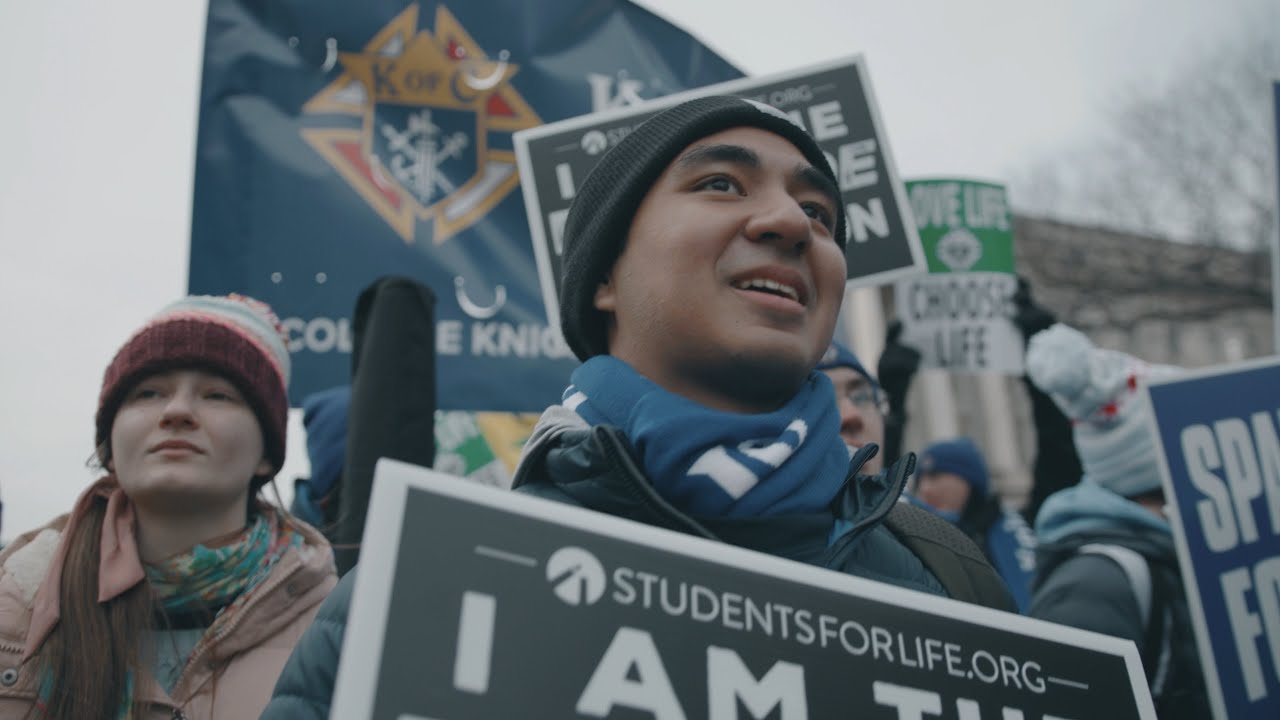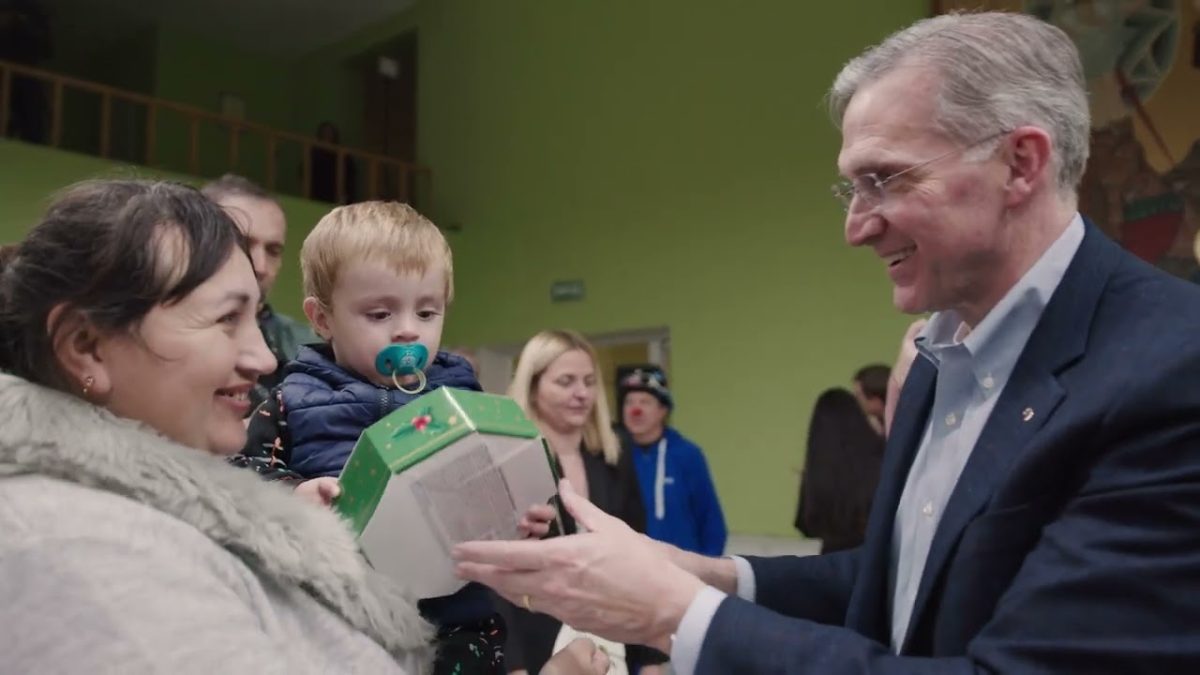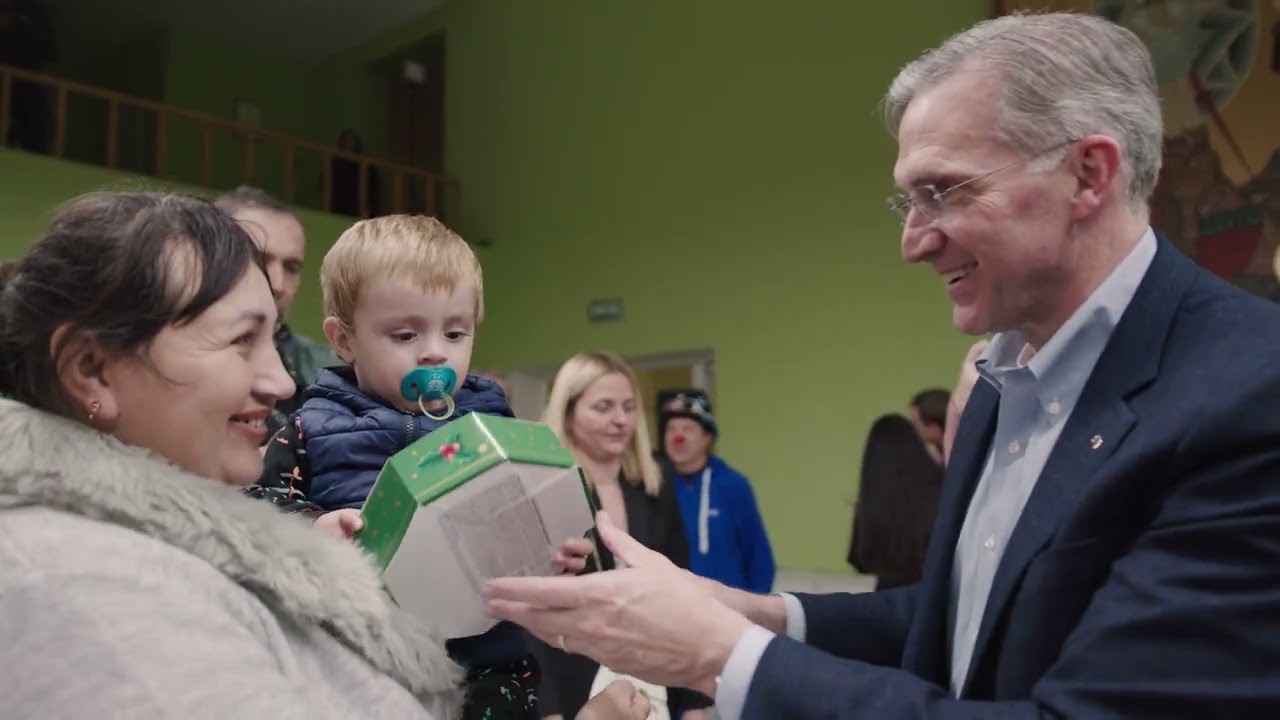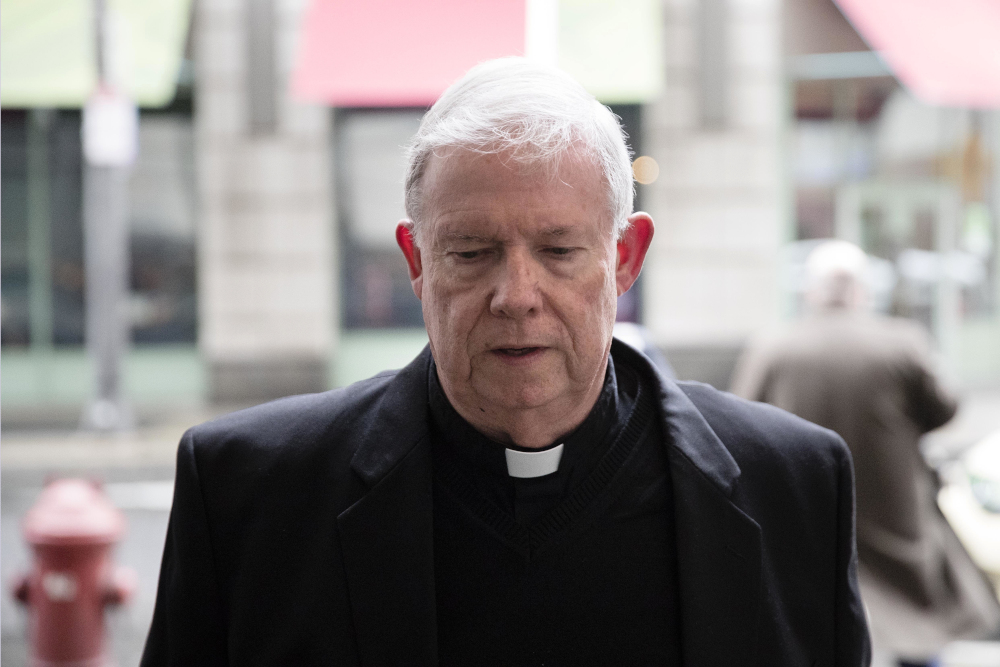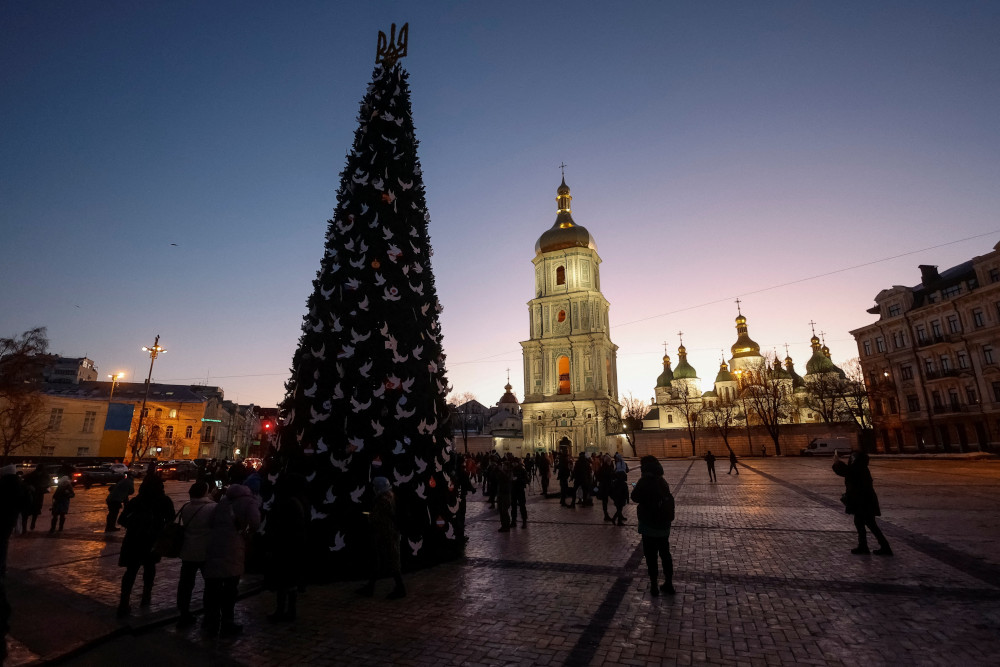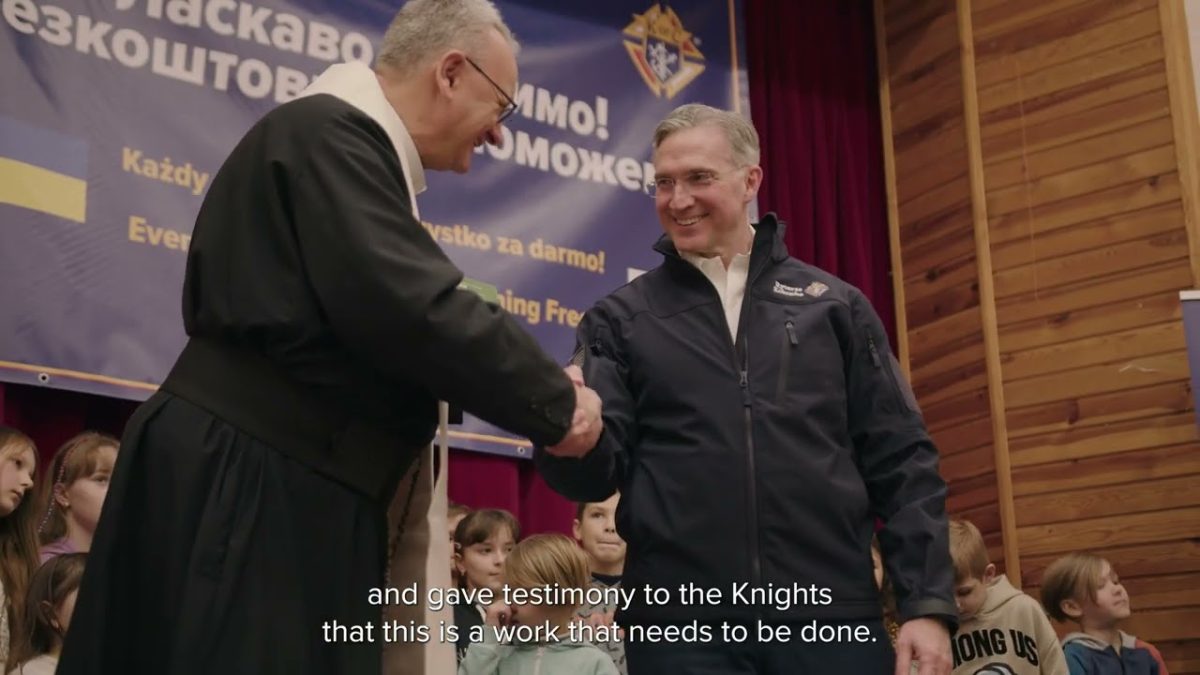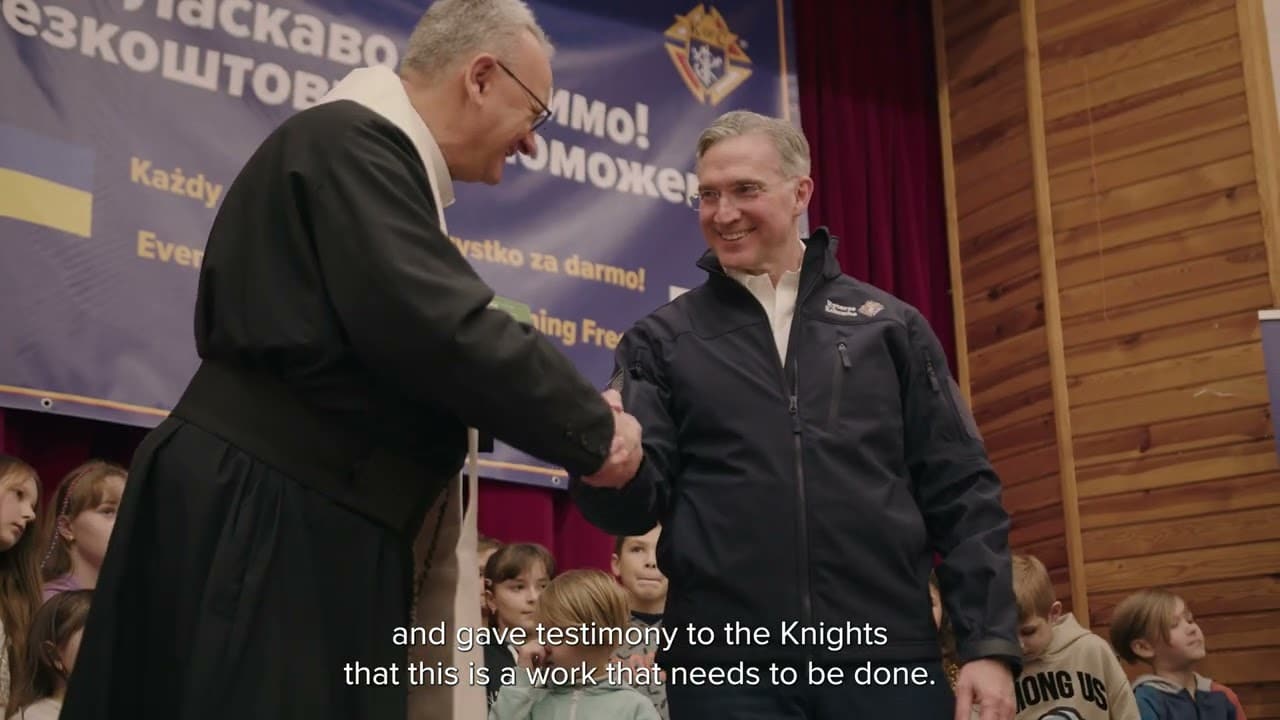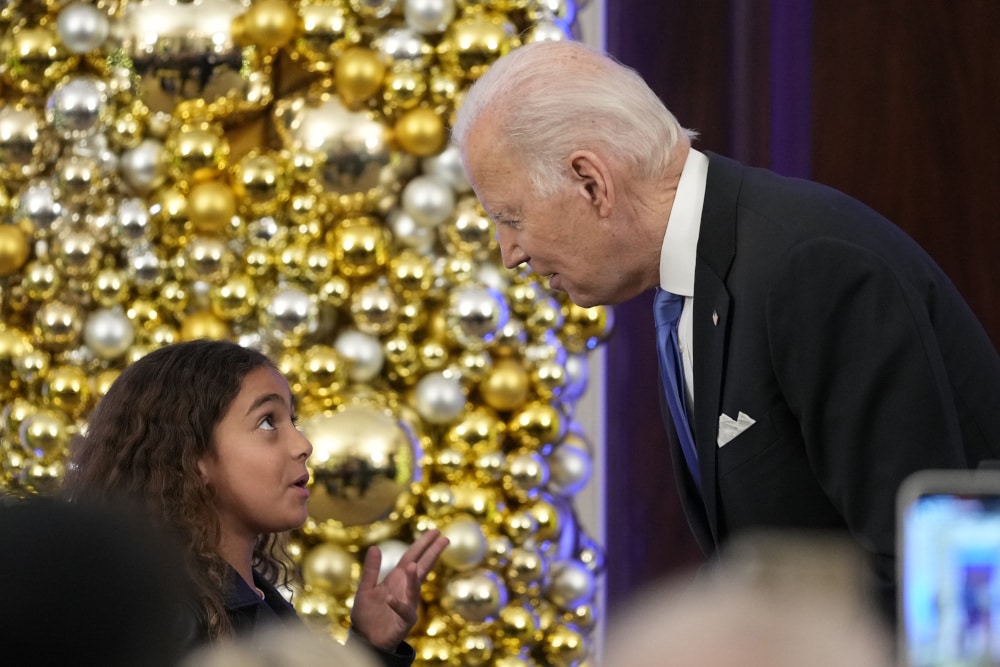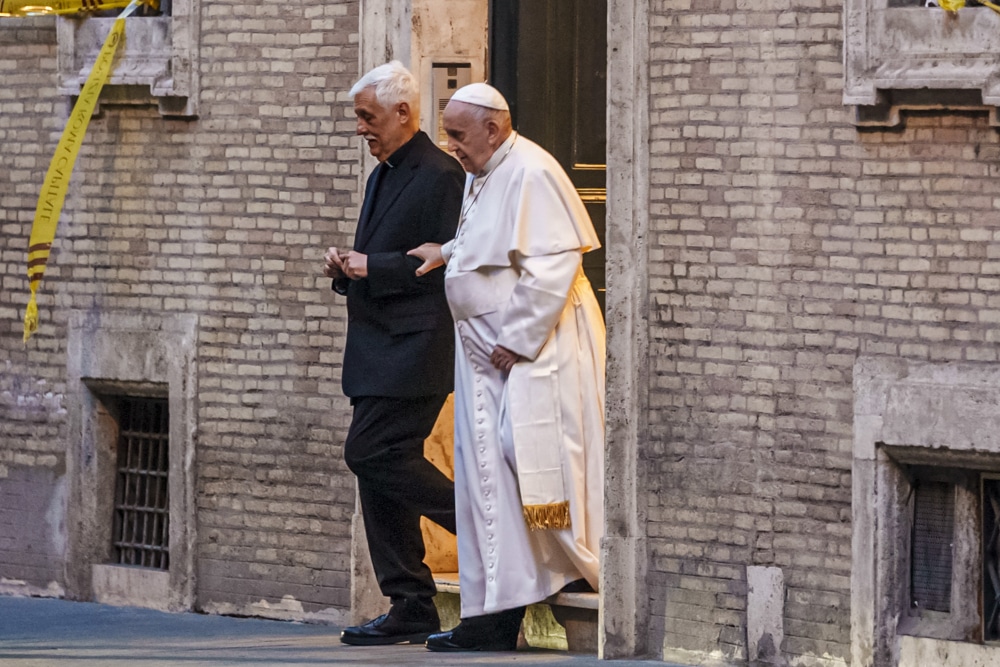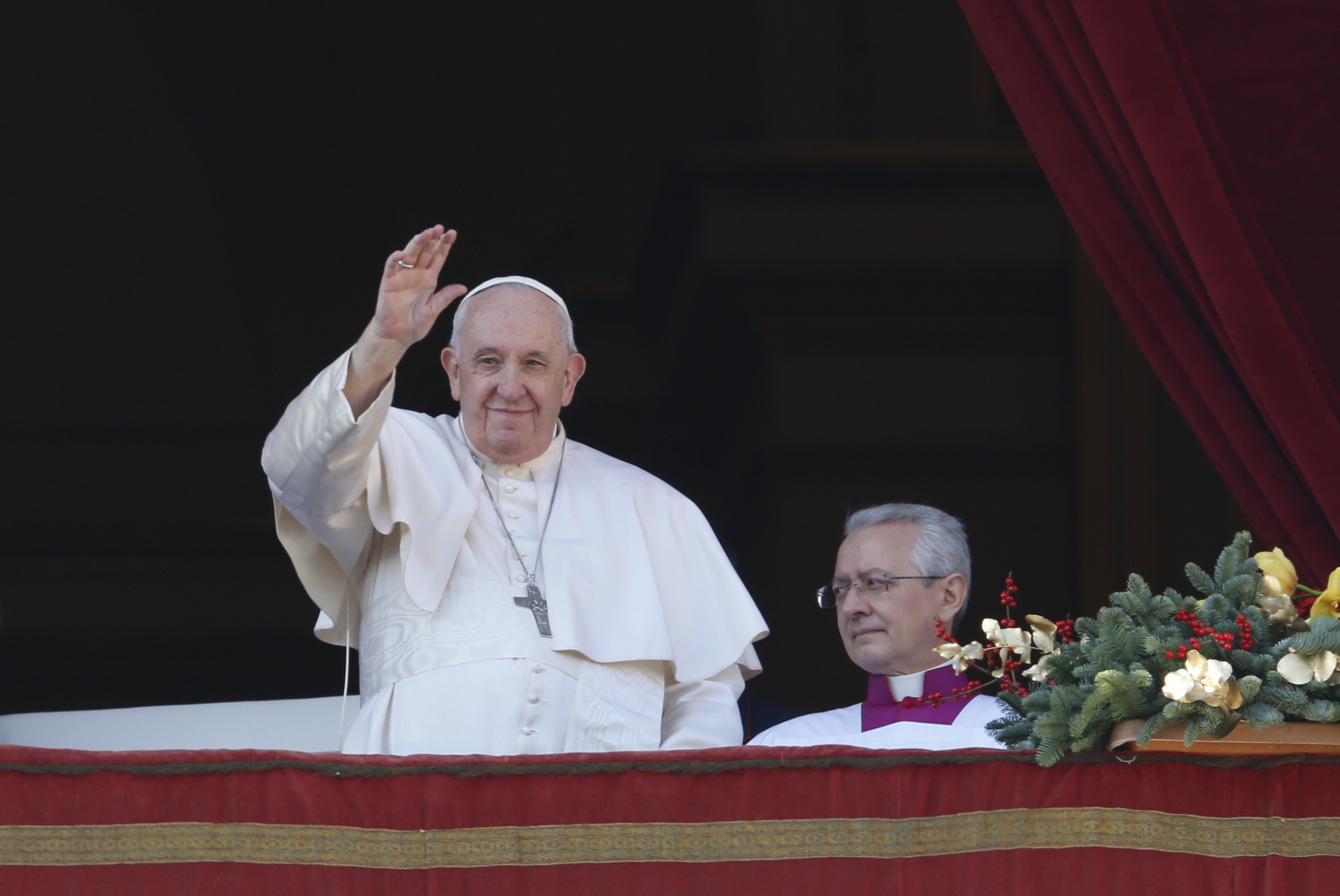
During his annual Christmas Day message, Pope Francis lamented the « famine of peace » sparked by the invasion of Ukraine, saying the 10 month-long war had wreaked havoc on Ukrainians and fueled a crisis of hunger around the globe.
« Think of all those, especially children, who go hungry, while huge amounts of food daily go to waste and resources are being spent on weapons, » said Francis, as he delivered his Dec. 25 urbi et orbi (« to the city and the world ») message and blessing. « The war in Ukraine has further aggravated this situation, putting entire peoples at risk of famine. »
« We know that every war causes hunger and exploits food as a weapon, hindering its distribution to people already suffering, » the pope continued. « On this day, let us learn from the Prince of Peace and, starting with those who hold political responsibilities, commit ourselves to making food solely an instrument of peace. »
Francis used the occasion to again call for an immediate end to « this senseless war » and deplored the fact that many Ukrainians are spending Christmas in the dark and cold and away from their homes. As the pope delivered his remarks, all of Ukraine was under alert, following Russia’s launch of new rockets aimed at the country.
The pope delivered his traditional Christmas Day address from the central balcony of St. Peter’s Basilica overlooking the square below, where thousands of pilgrims gathered on an unusually warm and sun-filled Christmas morning at the Vatican.
As he did during his Christmas Eve Mass on Dec. 24, the pope urged « concrete gestures » to aid all who are suffering during the holiday season.
He also used his noontime remarks to highlight a number of conflict zones around the world, including Yemen, Syria, Myanmar, Iran, the Sahel region of Africa, as well as the ongoing disputes between Israelis and Palestinians.
Francis also prayed for the deteriorating situation in Lebanon, which is currently without a government, and called for the support of the international community to help the country rebound.
« I think in particular of the people of Haiti who have been suffering for a long time, » Francis said, paying tribute to a country long plagued by natural disasters and humanitarian crises, which in recent months has experienced a new wave of political chaos.
As is his custom, the pope also spotlighted the needs of migrants and refugees, as well as offered prayers for prisoners « whom we regard solely for the mistakes they have made and not as our fellow men and women. »
Francis said that the same forces that prevented King Herod from welcoming the birth of Jesus — « attachment to power and money, pride, hypocrisy, falsehood » — continue to plague society today and risk overshadowing the « grace of Christmas. »
« Indeed, we must acknowledge with sorrow that, even as the Prince of Peace is given to us, the icy winds of war continue to buffet humanity, » said the pope.
« Let us allow ourselves to be deeply moved by the love of God, » Francis concluded. « And let us follow Jesus, who stripped himself of his glory in order to give us a share in his fullness. »
